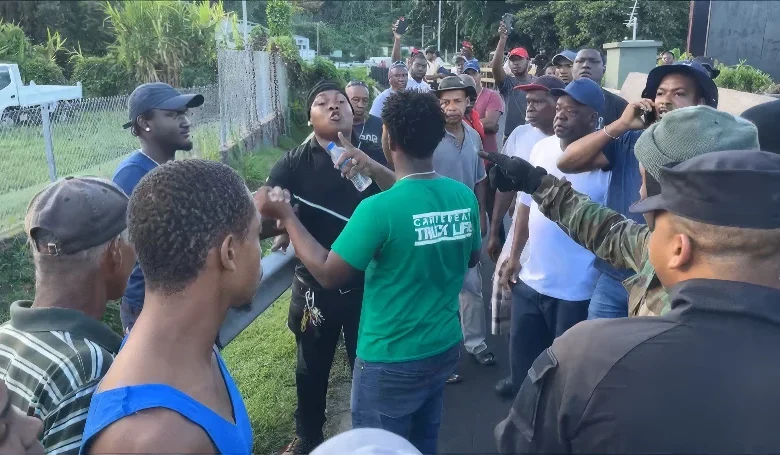Public Order Act

The Public Order Act, otherwise known as the Public Order Ordinance of the Commonwealth of Dominica, is a legislative framework designed to regulate public assemblies, processions, and related activities to maintain public order and safety. Enacted in 1954 as Act No. 6 of 1954, it has undergone several amendments, notably in 1973 (Act No. 18 of 1973), 1976 (Act No. 33 of 1976), and 1990 (Act No. 12 of 1990).
Key Provisions of the Public Order Act
- Regulation of Public Meetings and Processions: The Act requires individuals or organizations intending to hold public meetings or processions to obtain prior permission from the relevant authorities. This measure ensures that such events do not disrupt public order or infringe upon the rights of others.
- Prohibition of Offensive Weapons: Participants in public gatherings are prohibited from carrying offensive weapons, thereby minimizing the risk of violence and ensuring the safety of all attendees.
- Powers of Law Enforcement: The Act grants law enforcement agencies the authority to intervene in public gatherings deemed unlawful or threatening to public order. This includes the power to disperse such assemblies and take necessary actions to restore order.
- Penalties for Non-Compliance: Individuals or groups that fail to comply with the provisions of the Act, such as organizing unauthorized public meetings or carrying prohibited items, may face legal penalties, including fines and imprisonment.
Constitutional Context
While the Public Order Act regulates public assemblies, it operates within the framework of the Constitution of Dominica, which guarantees fundamental rights and freedoms, including freedom of assembly and association. Specifically, Section 11 of the Constitution protects these rights, subject to certain limitations necessary in a democratic society, such as interests of defence, public safety, public order, public morality, or public health.
The 1897 Riot Act and the 1954 Public Order Act are separate Dominican laws addressing public gatherings, with differing scopes—riot suppression versus broader regulation of assemblies and public safety.
Proposed Revisions to the Act
In 2017, the Attorney General of Dominica announced plans to introduce a new Public Order Act. This initiative aimed to update the existing legislation to better align with regional and international standards, addressing contemporary challenges related to public order. The proposed revisions sought to provide clearer statutory definitions and guidelines, enhancing the legal framework governing public assemblies.
In summary, the Public Order Act serves as a crucial legal instrument in Dominica, balancing the facilitation of public assemblies with the imperative to maintain public order and safety. Ongoing discussions and proposed updates to the Act reflect the dynamic nature of legal frameworks in adapting to contemporary societal needs and aligning with international standards.




